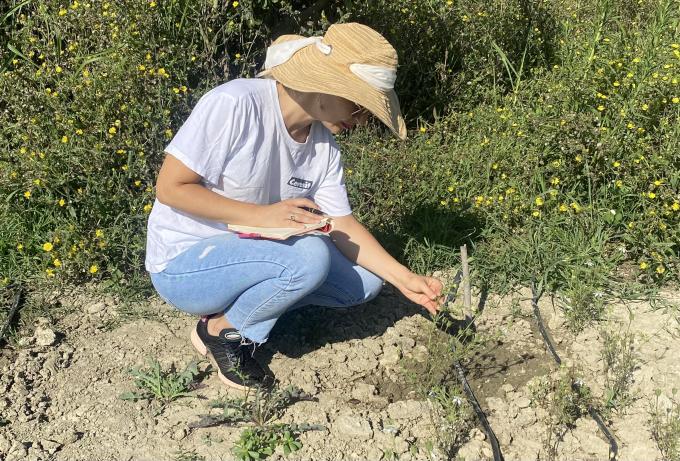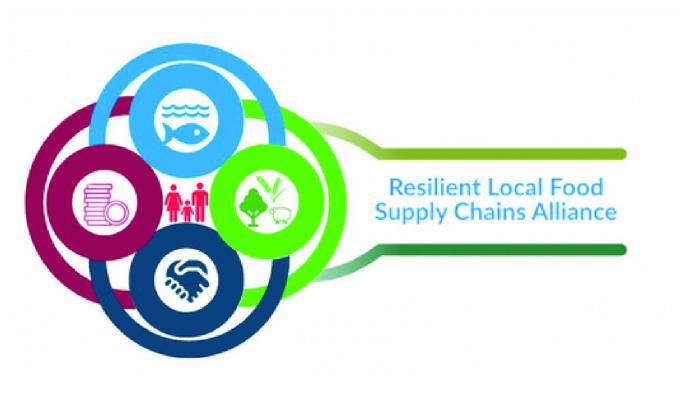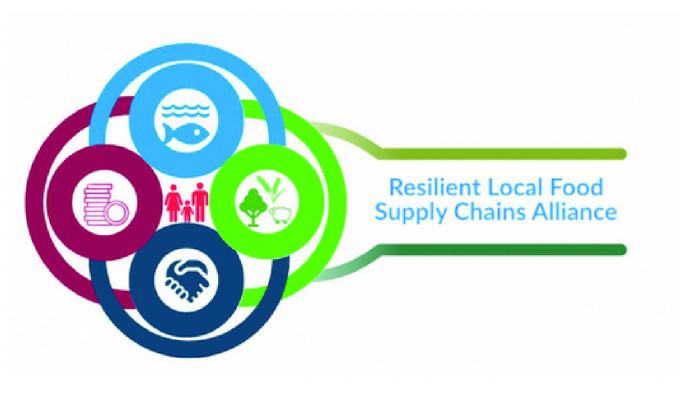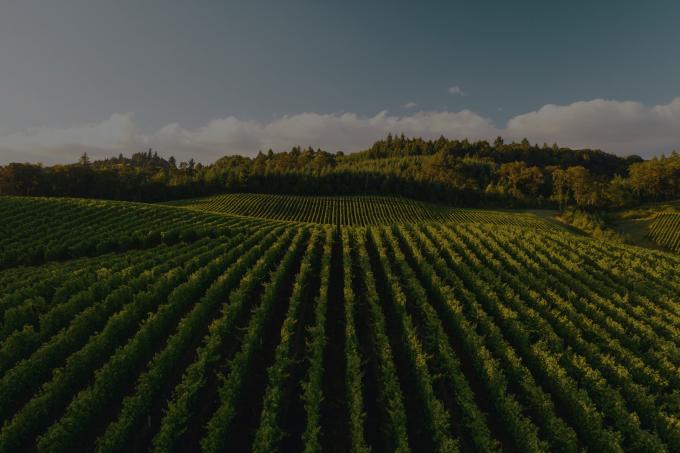STORIES
How testing the growth
of Nigella Sativa enhanced
agricultural diversity
A comprehensive approach, including local community involvement and knowledge transfer, led Albanian farmers toward sustainable cultivation.
Albania

Nigella Sativa L., also known as black cumin, is an annual flowering medicinal plant whose resulting raw materials have wide-ranging applications, from the food industry to pharmaceuticals and cosmetics.
Yet, when the Agricultural University of Tirana launched a project to diversify national planting structures and transform local cultivars by evaluating the growth potential of Nigella Sativa L. in Albania, it encountered different obstacles.
Among them are Albanian farmers' limited knowledge of Nigella's benefits, environmental factors such as soil quality and water availability, and economic challenges such as lack of access to quality seeds and sustainable cultivation.
Hence, since the beginning of its implementation, the need to adopt a comprehensive approach became immediately clear. This approach involves a range of methods and tools designed to tackle the identified constraints, such as collecting genetic material from diverse sources to ensure a varied and rich pool for experimentation.
The process involved several stakeholders, including gene banks in Poland, Washington, and Ukraine and the Center for Technology Transfer of Shkoder and the Korçë agriculture university.
Then, some field experiments were implemented in the distinct areas of Tirana, Korçë, and Shkoder to better represent the country's agroecological conditions.
"We have tested ten different genotypes of Nigella Sativa seeds obtained from different countries."
"We have tested ten different genotypes of Nigella Sativa seeds obtained from different countries, like Egypt, Syria, Turkey, and Saudi Arabia. Based on the physic-chemical analyses for the qualitative evaluation of the soils." Assistant lecturer at the University of Tirana, Jonida Biturku, commented. With a past job experience in the food transformation industry, Biturku decided to embark on a Phd study aimed at introducing Nigella in the Albanian food system, and the first outcomes are very promising. "The data show that Nigella has a high adaptability to cultivation in different agroecological conditions, thus being suitable in all the three areas of Albania where we tested it.", she added.
These experiments focused on organic agriculture practices and emphasized the production of quality seeds while prioritizing environmental sustainability, contributing to the practice's long-term success.
This phase highlighted the importance of adapting the practice to local contexts. As Nigella sativa proves its adaptability to Albanian conditions, it offers a promising avenue for economic, agricultural, and cultural development, strengthening its position as a valuable resource in this region.
However, since the process requires certain levels of technical expertise, prioritizing and investing in knowledge transfer activities is fundamental. This has been achieved through workshops, training sessions, and collaborative efforts with research institutions. These efforts have ensured that local farmers possess the required skills and information.
"The initial efforts towards the commercialization of Nigella sativa products have been promising."
Another key to the initiative's success is the establishment of community partnerships with local communities, agricultural agencies, environmental organizations, and healthcare institutions to create a supportive network and, more broadly, the continuous involvement of the local community in decision-making processes and project activities, ensuring a sense of ownership and sustained engagement.
Finally, to dignify and certify the project's success, addressing market access for the products cannot be avoided.
"Thanks to the implementation of this project, by now, in Albania, we are already commercializing products containing Nigella Sativa, such as Nigella seeds oil for market trade, produced by the company Herbal World, or extracted oil and seeds for food properties sold by Medicinal plants, another shop in Tirana," Biturku said.
The initial efforts towards the commercialization of Nigella sativa products have been promising. However, the process can be escalated by creating more developed market linkages and supporting local value chains. By following this comprehensive approach, others who wish to adopt it will have a solid chance of succeeding.
Related contents:












